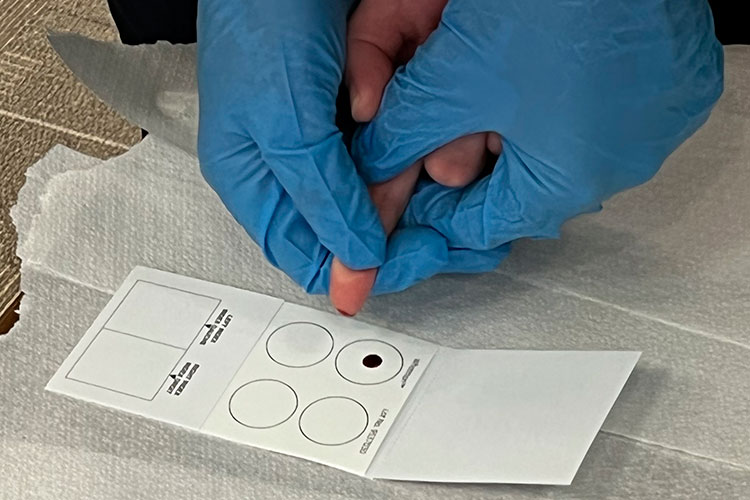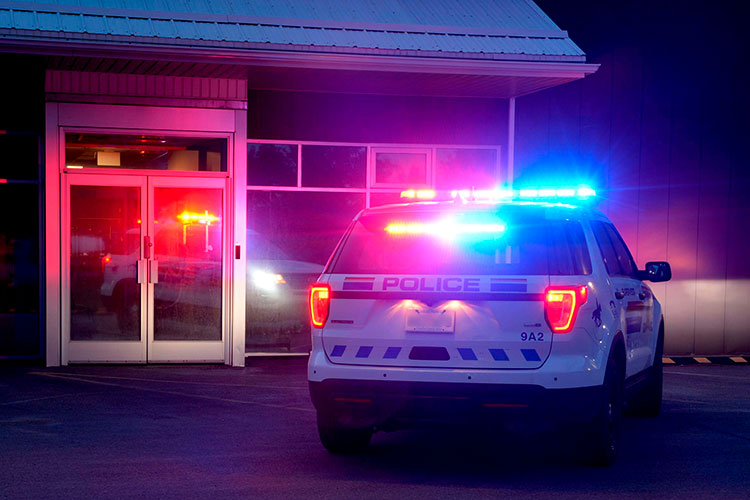Week 19: Reality check
Emergency Vehicle Operation simulation
While at Depot, cadets train as emergency vehicle operators. This readies them for the unique driving situations they will face in the field. They learn techniques and policies needed to operate an emergency vehicle safely.
Police driver training for cadets does not happen only in vehicles. They also take part in several drives in a simulated training environment. This gives cadets a safe way to practice emergency vehicle handling in situations with considerable risk in reality.
Major Crimes Unit (MCU)
MCU is a specialized unit in the RCMP. Each operational division has its own MCU. They typically manage and investigate crimes against persons including, but not limited to suspicious deaths and missing person cases where foul play is suspected.
Cadets learn when they will need to call for support from their divisional MCU. When deployed, MCU becomes the main investigative unit. They will take over the file and follow the principles of major case management.
Risks of biohazard exposure
Being first on scene to a call to service, there may be potential for biohazard exposure. Biohazards are any biological or chemical substance that is dangerous to humans, animals or the environment. These include things like body fluids or bacteria/viruses.
Cadets learn about different sources of biological hazards. They learn about Personal Protective Equipment (PPE) and actions they can take to keep themselves and members of a community safe.
Deoxyribonucleic acid (DNA)

DNA helps investigators across the country solve crimes. Some investigations result in judicial authorizations being granted to collect DNA samples from those convicted of certain crimes. Samples collected go to the National DNA Data Bank.
This week, cadets learn how to collect DNA samples from a person. They find out about the formal processes and requirements needed for DNA Collection as well as proper collection techniques and put these into practice.
Learning how to collect DNA demonstrated another “hat” that we will wear as police officers in the field.
Being on call

Being “on call” is the reality of working as a Mountie or in many other first responder roles. This week, cadets are scheduled for on-call shifts outside their regular training hours.
This experience can be challenging. Like in operational policing, calls may come at any time, such as the middle of the night. This is a valuable training experience that helps cadets individually assess how they are going to manage and prioritize tasks as well as sleep.
- Date modified: